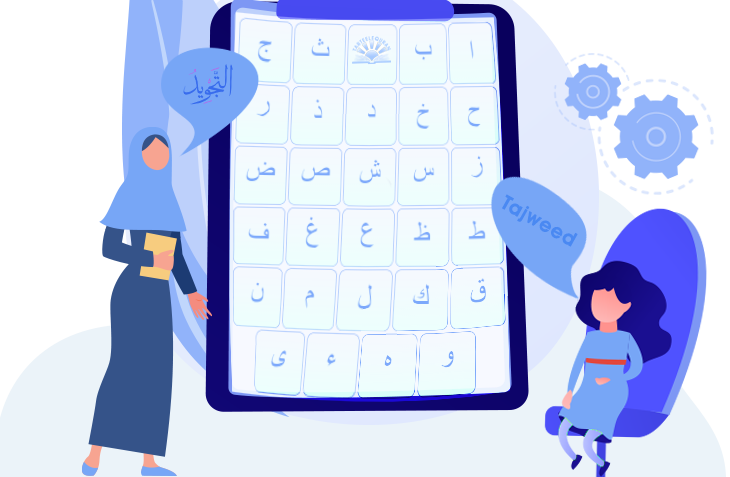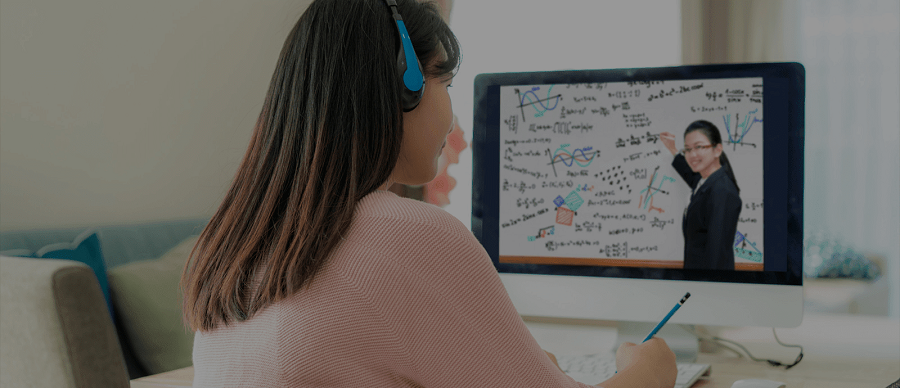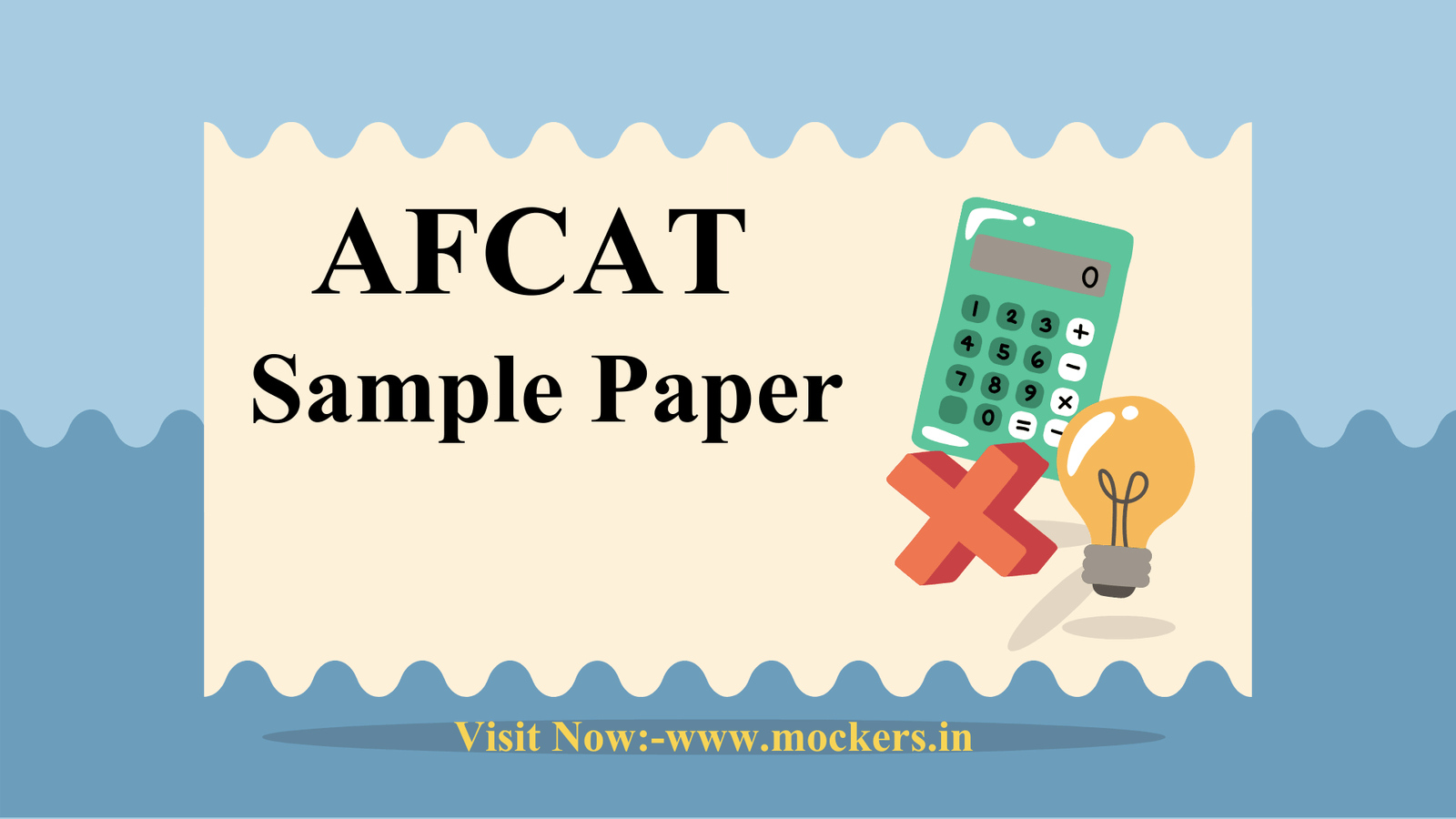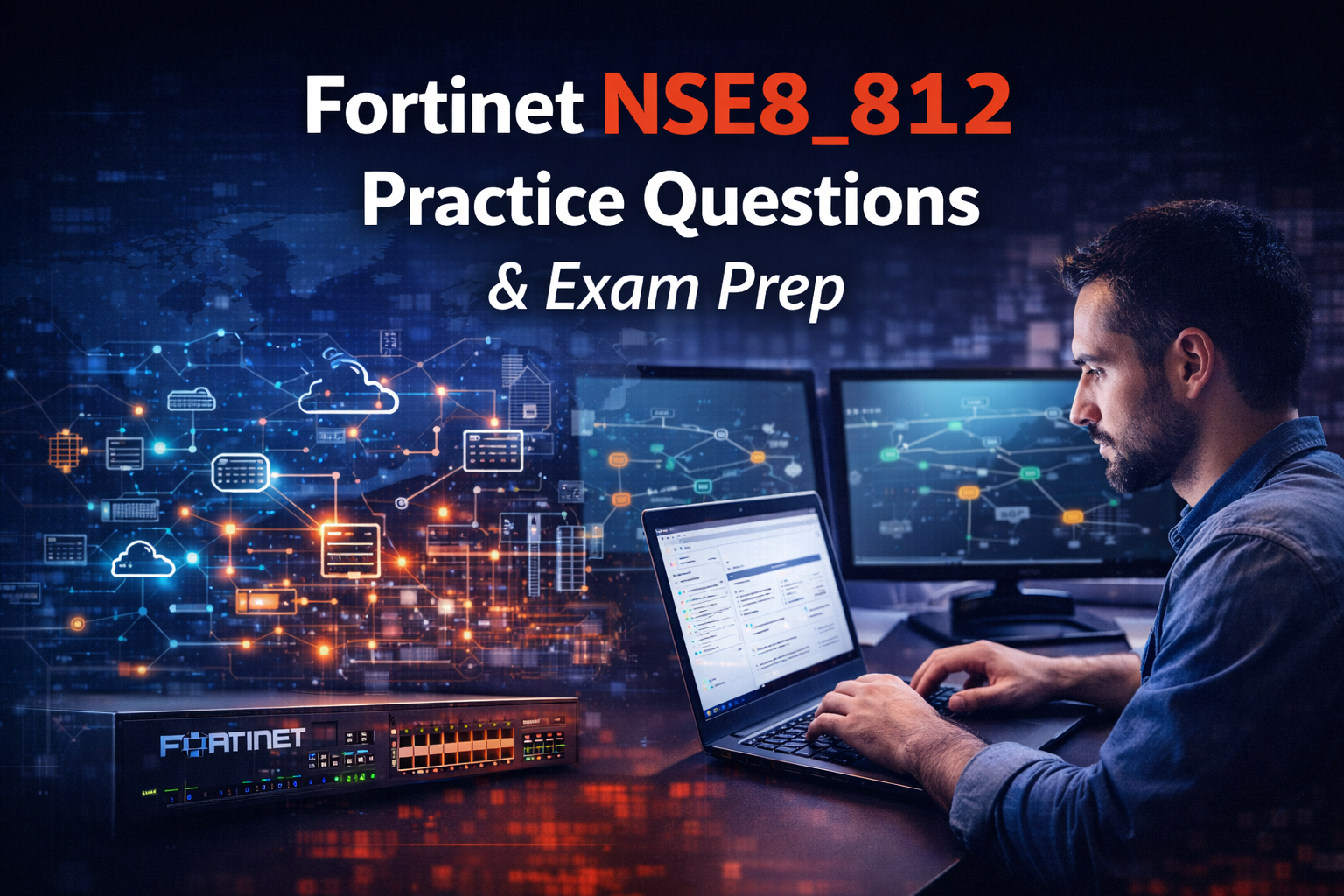
Proper pronunciation is one of the most essential aspects of learning to read the Quran. Every letter in Arabic has a unique sound and articulation point, and even a small mistake in pronunciation can alter the meaning of the words. This is why foundational learning tools such as Nurani Qaida play a critical role in mastering the basics of Quranic recitation. For both children and adults, Nurani Qaida serves as the stepping stone toward accurate, fluent, and Tajweed-compliant Quran reading.
What is Nurani Qaida?
Nurani Qaida is a beginner-level instructional booklet that introduces learners to the Arabic script in a simple and structured way. Designed especially for non-Arabic speakers, it focuses on teaching the alphabet, proper articulation (Makharij), and basic pronunciation rules. The format of the Qaida makes it ideal for learners who have no prior exposure to the Arabic language, gradually guiding them from recognizing letters to reading complete Quranic verses.
It is widely used in madrasas, Islamic centers, and online Quran schools to develop the core pronunciation skills necessary for reciting the Quran correctly. The systematic progression of lessons allows students to gain confidence in their reading abilities while reinforcing proper pronunciation at every step.
Building a Strong Phonetic Foundation
The primary benefit of Nurani Qaida is its focus on phonetics. Each lesson introduces Arabic letters in isolation and then shows them in different forms—beginning, middle, and end of a word. This exposure helps learners understand how letter shapes and sounds can change depending on their position. More importantly, it emphasizes the correct sound of each letter from its articulation point, which is a cornerstone of Tajweed.
Learning phonetics early helps avoid the development of bad habits, which are harder to correct later. The Qaida teaches students to pronounce each letter with clarity, using the throat, tongue, lips, and other parts of the mouth in a precise manner. This attention to detail ensures that when students begin reading the Quran, they are already equipped with accurate pronunciation skills.
Introducing Basic Tajweed from the Start
Many learners assume that Tajweed is something to be learned after mastering basic recitation, but Nurani Qaida subtly incorporates the rules of Tajweed from the very beginning. It introduces elongation (Madd), nasal sounds (Ghunna), and rules related to silent letters and pauses. These are all embedded into the lessons without overwhelming the student, helping them naturally absorb the rules of Quranic recitation.
For instance, by the time a student reaches the latter chapters of Nurani Qaida, they will already be reading words and short phrases with correct Tajweed, even if they haven’t formally studied it. This creates a seamless transition from Qaida to Quran, minimizing errors and boosting confidence.
Helping with Fluency and Rhythm
Reading the Quran is not just about pronouncing letters correctly—it’s also about maintaining fluency and rhythm. Nurani Qaida provides extensive practice in reading syllables, words, and eventually short sentences, allowing learners to build reading fluency step by step. The repetitive exercises are designed to strengthen muscle memory, enabling the tongue to move smoothly between sounds.
As learners progress, they begin to develop a natural rhythm in their recitation, which is vital for proper Quran reading. This fluency makes it easier to focus on the meaning of verses later on and to recite with beauty and ease. The gradual increase in difficulty also keeps learners motivated, as they can measure their improvement over time.
Catering to All Age Groups
One of the remarkable aspects of Nurani Qaida is that it’s suitable for all age groups. Whether a young child is just beginning their Islamic education, or an adult is returning to Quran learning after many years, the Qaida offers an effective pathway to correct pronunciation. Its simple layout and progressive structure make it accessible and non-intimidating, even for those with no background in Arabic.
In recent years, many online Quran academies have developed interactive digital versions of Nurani Qaida, including audio support for pronunciation practice. This accessibility has made it even easier for learners around the world to benefit from its structure and content.
Why Proper Pronunciation Matters in Quran Recitation
The Quran was revealed in Arabic, and every letter carries a deep spiritual and linguistic significance. Mispronouncing letters can change the meaning of words, which may lead to misunderstanding the divine message. That’s why mastering pronunciation from the very beginning is essential for any Muslim wishing to recite the Quran properly.
Nurani Qaida acts as a safeguard against such errors. By instilling the correct articulation habits early, it ensures that learners respect the sacredness of the Quranic text. The attention to detail in pronunciation also deepens a student’s connection to the Quran, making their recitation more spiritually fulfilling.
Start Your Quran Learning Journey with Ilm Al Quran
At Ilm Al Quran, we understand the importance of starting strong when it comes to Quranic education. That’s why we offer expertly designed Nurani Qaida classes that focus on helping learners build accurate pronunciation, strong fluency, and proper Tajweed from day one. Our experienced instructors guide students step-by-step, providing individual attention and correcting mistakes with patience and care.
Whether you’re a beginner or looking to improve your recitation, our structured Nurani Qaida course is the perfect place to begin. Join us today and take the first step toward beautiful and correct Quranic recitation. Let Ilm Al Quran be your guide on this spiritual journey.














Leave a Reply